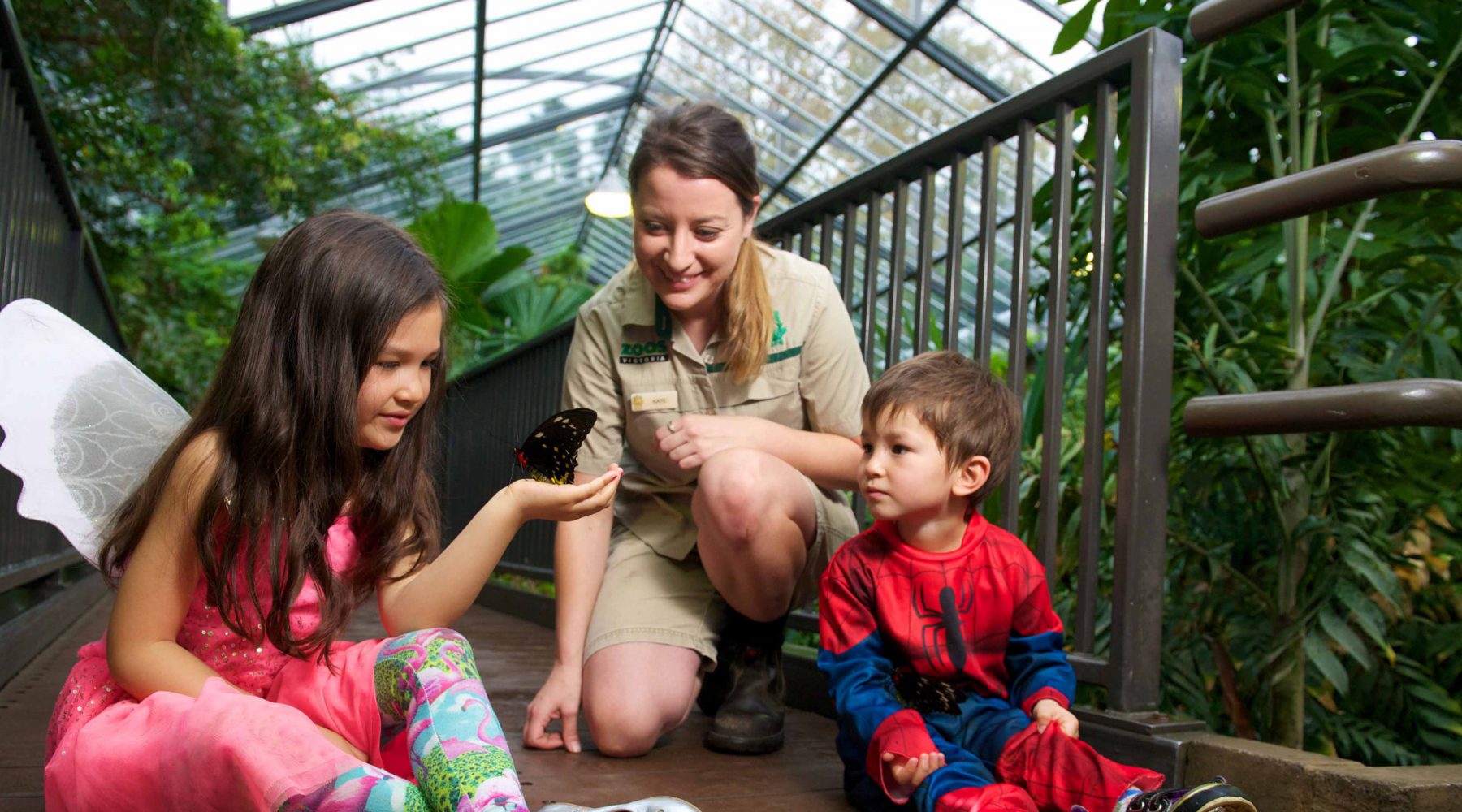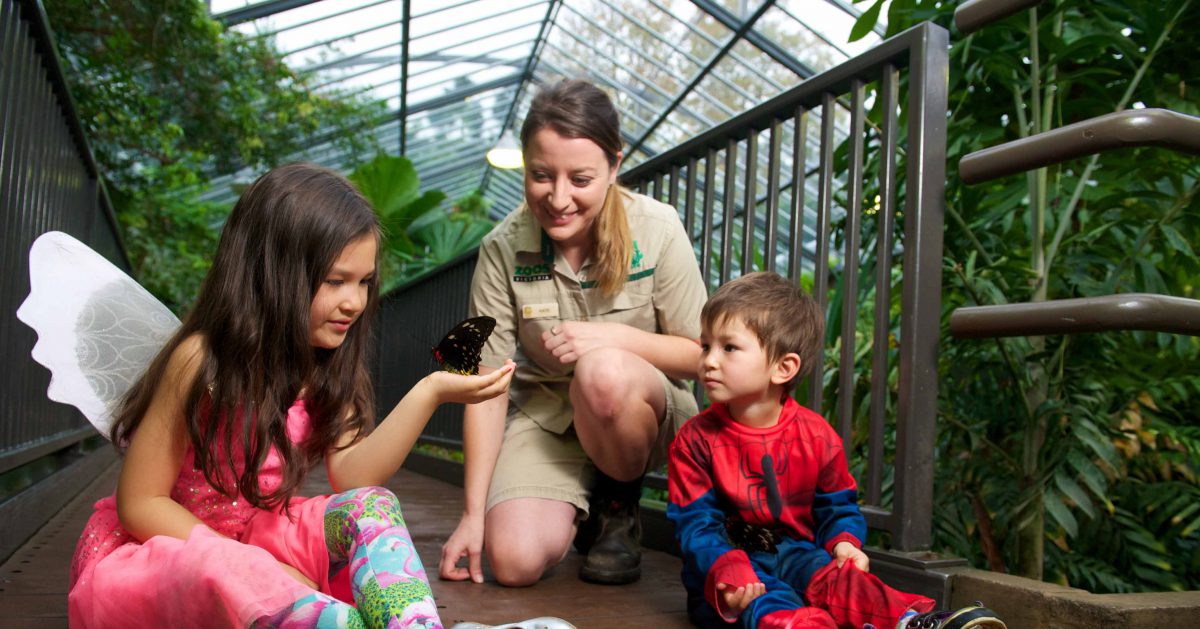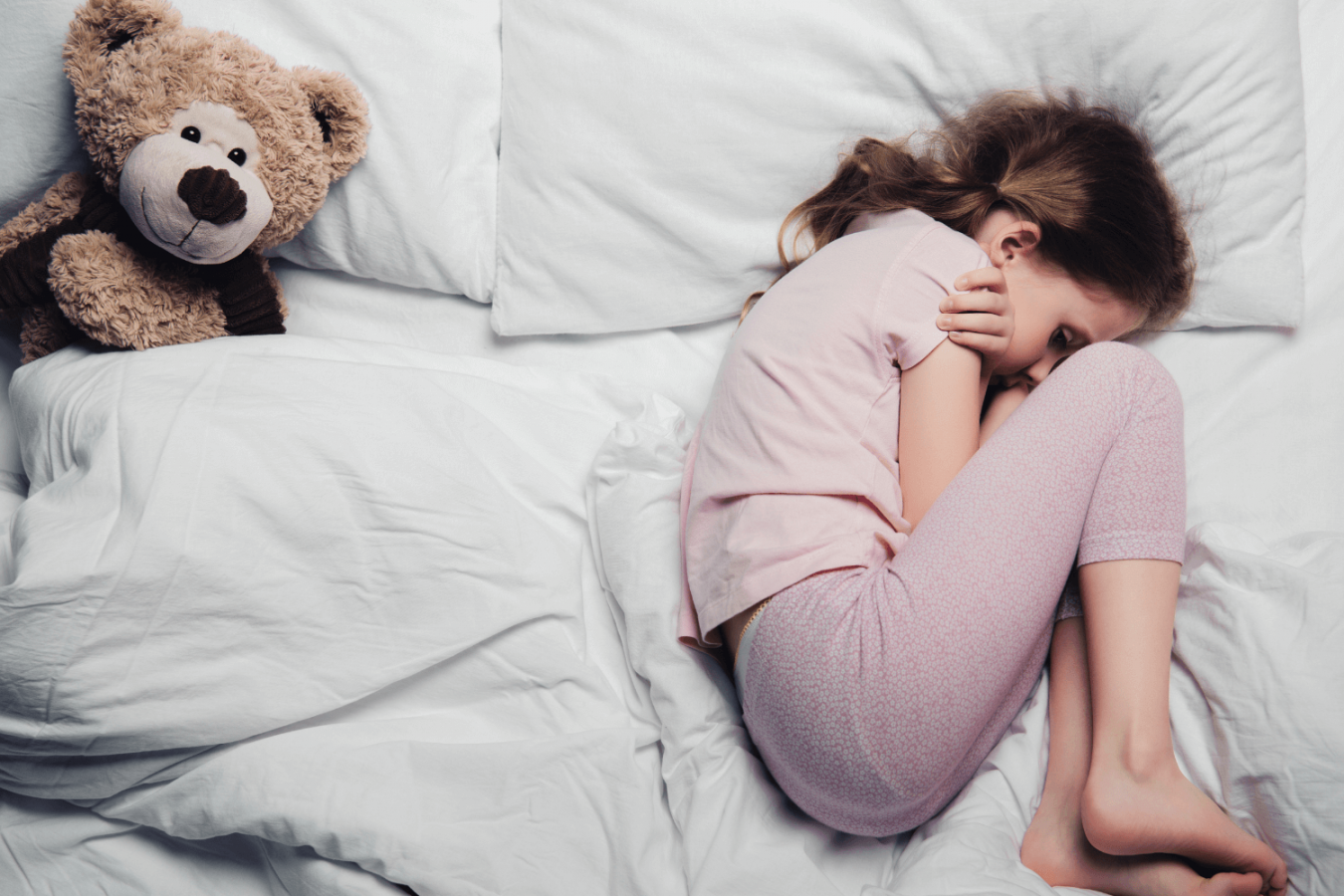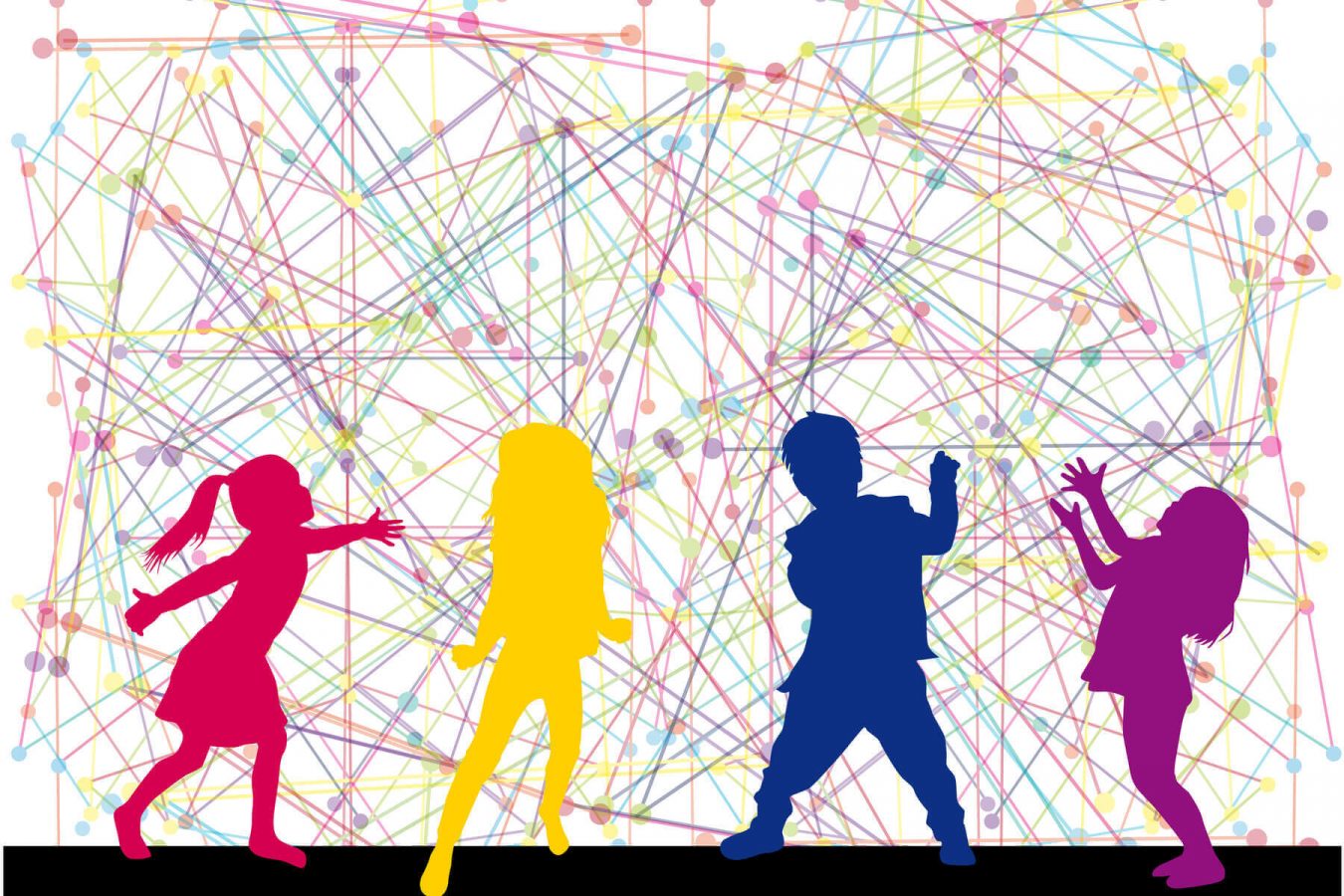
Give a gift to children this Christmas that is all about an experience, writes Diane Bourke.
‘It’s beginning to look a lot like Christmas – toys in every store’ permeated through my brain as I wandered home through the city. Cocooned in the glorious glitter, I chastised myself for my dismal showing in the Christmas gift buying stakes. My poor grandsons, how can I atone for this total neglect? Fortunately, sanity took hold as I recalled last year’s ‘must have’ items now languishing in their bulging toy box.
Aristotle once said that ‘men fancy that external goods are the cause of happiness [but] leisure of itself gives pleasure and happiness and enjoyment in life.’
Psychologists have since proven him correct, confirming that, while splashing out on the latest gadget might give us instant satisfaction, experiences generate happiness in the long run.
Dr Thomas Gilovich, Psychology Professor at Cornell University, has been researching this phenomenon for some time. He explains that, contrary to the views of most people, spending money on an experience is a far wiser decision than spending it on a material possession. The common expectation however, is that the experience will come and go in a flash, leaving no lasting legacy, and people will be left with little compared to owning an item.
Gilovich goes on to maintain that in reality we remember experiences long afterward, while soon becoming immune to the charms of our possessions. New things are maybe exciting at first, but then we adapt to them.
Gilovich’s view that our experiences are a bigger part of ourselves than our material goods makes sense. While we may think our possessions are part of our identity, nevertheless they remain inherently separate from us. In contrast, our experiences become part of us; we are, in fact, the sum total of our experiences.
Furthermore, shared experiences connect us more to other people than possessions do. Shared experiences allow us to get closer to others in a way purchased inanimate objects simply cannot match.
Lastly, the finding that we enjoy the anticipation of having an experience more than the anticipation of owning a possession is a highlight.
This proved to be true when I tried it out on my grandson, asking him to think of some ‘magical’ things we could do together during the holidays. The lists are being created, text messages are to and froing and the dialogue and wonderings are continuing. I am as excited as he is and our close bond appears to be expanding.

With Christmas rapidly approaching how can we benefit from the knowledge of Professor Gilovich’s findings concerning the perfect gift/experience?
Here are a few suggestions:
- Purchase a membership to Museums Victoria, three museums in total
- Purchase a membership to Zoos Victoria, three zoos in total
- Purchase an annual Sea Life Melbourne
Discuss, Discuss, Discuss
However, just sticking these in an envelope and handing them over is not the way to go. Ideally, you discuss, discuss, discuss the experience with your child in advance, and involve them in planning the various aspects of the experience. When you might go, what you might see/do, how will we get there? The world is your oyster. For instance:
- Purchase tickets to see The 78-Storey Treehouse, Arts Centre Melbourne, April 2018. Read the book as family before the event and anticipate how the show might play out.
- Purchase a subscription to a children’s magazine such as National Geographic Kids. Anticipation for the next magazine to arrive would be a feature, as would devouring the content when it arrives. Zoo and Museum memberships also come with a children’s magazine arriving frequently in the mail.
- Purchase rock climbing, kayaking, skate boarding lessons, these are just three small samples of what is available. Package these as a tantalising gift that can be shared and planned for as a family.
- Alternatively, why not take part in National Gallery of Victoria Kids Summer Festival in January.
Another potentially beneficial set of experiences involve board and card games. They are timeless and can be played regularly. They will increase brain function, generate laughter, decrease stress and teach children how to set goals and be more patient. Why not pop some in the Christmas stocking, such as:
- Gamewright’s Rat-a-Tat Cat, Sleeping Queens and Too Many Monkeys are very popular with our family.
- Scrabble, Checkers, Draughts, Chess and Snakes and Ladders are always great fun.
Consider a book, perhaps the most perfect experience of all, one that the family can revel in together. My current favourites are:
- Triangle (a picture book) by Jon Klassen and Mac Barnett
- Diva and Flea, A Parisian Tale (junior fiction) by Mo Willems and Tony DiTerlizzi
- Nevermore (middle fiction) by Jessica Townsend
- David Astle’s Gargantuan Book of Words (nonfiction).
And yes, I will probably still place one or two gifts in the stocking that will eventually languish in the toy box too, but it will be worth it, just to see the momentary smiles of delight on my grandsons’ faces.
Diane Bourke is a Project Manager for Independent Schools Victoria. She was Head of Junior School, Campbell House, at The Geelong College for 16 years, and most recently, Head of Junior School, Morris Hall, Melbourne Girls Grammar for 15 years.
Like this post? Please share using the buttons located on this page.
Subscribe to The Parents Website

